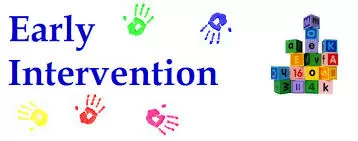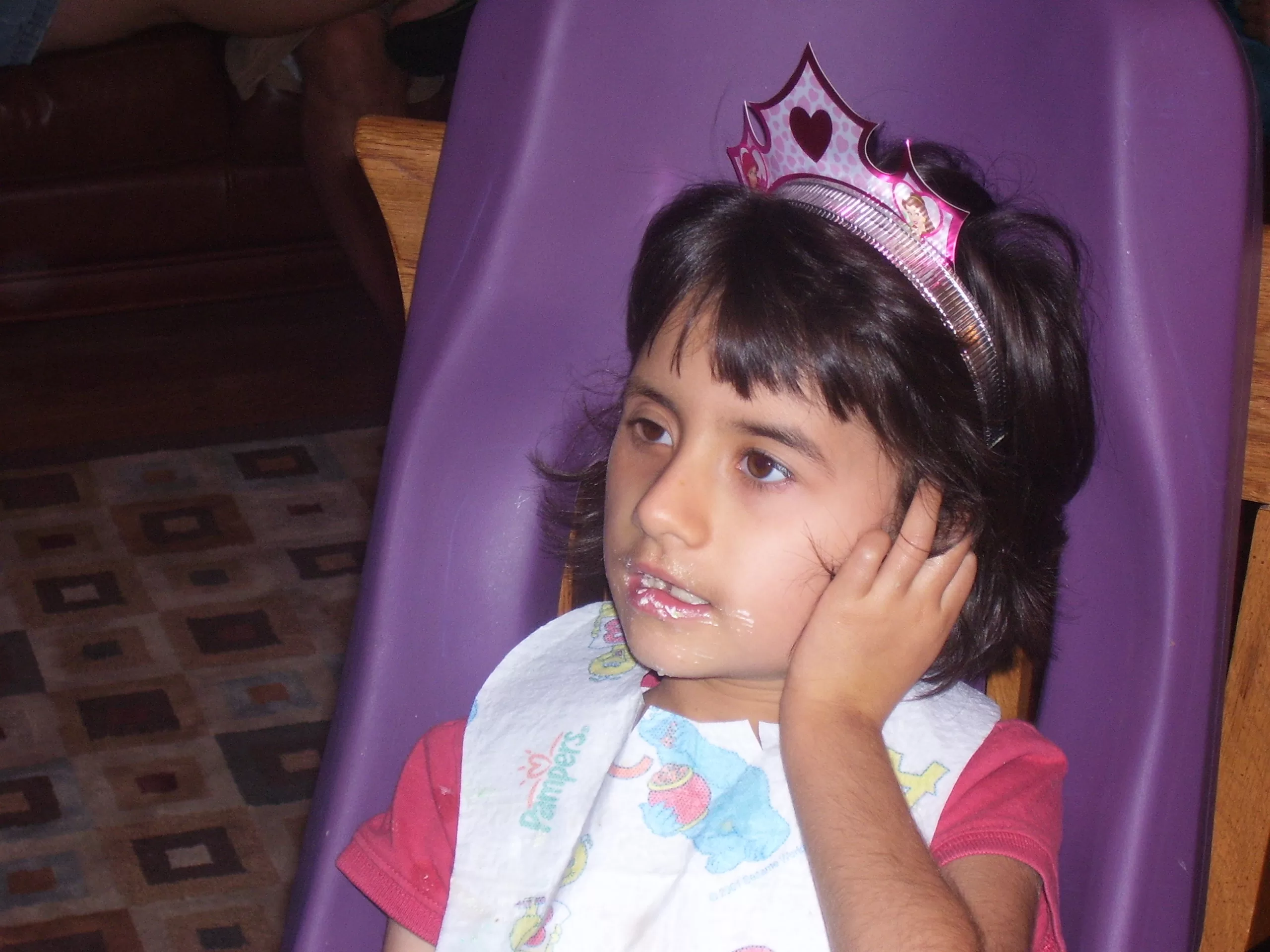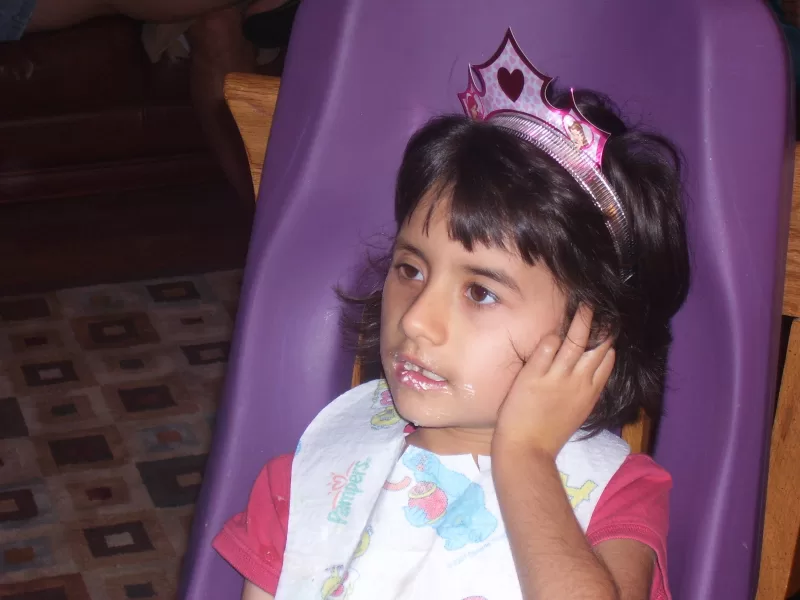What are early intervention services? How do I find them?

Early intervention programs have a big impact on children with delays and disabilities. Identifying any concerns and addressing them in the early years will help them later. Services that are tailored to meet your child’s needs can help build the skills needed to be successful in school. If you are concerned about your child, talk to their pediatrician. You can find developmental milestones on CDC’s website.
Educational Services
The Department of Education funds programs that focus on young learners. Early intervention refers to services for babies and young children with delays and disabilities. These programs provide support for the families as well. These are publicly funded programs that are provided free or at a reduced cost. The goal is to help the child and family learn new skills that can help increase success in school and life.
Children need to be evaluated to qualify for the programs. You don’t need a doctor’s referral. You can contact your state’s early intervention program to find out more information and if your child qualifies.
What age can services begin?
Early intervention services can begin at any time. If your child is under age 3, contact your state’s early intervention program. A list of state contacts can be found here. If your child is older than 3 years of age, call your local public school district and tell them you would like your child evaluated for early learning services. They coordinate these programs through the public school districts, so contact them even if your child is not in school. Different states and districts may call these programs by different titles, so be patient if they don’t know where to connect you. If they don’t know who to put you in connection with, tell them you want to speak to the district’s special education department.
Public schools are required to look for delays or disabilities. Parents know their kids the best. If you have a concern, don’t wait for them to confirm it; bring it up to their teacher or counselor. If you don’t get a response or still have concerns, call your school district’s special education department. You can find a quick guide to this process here.
Don’t wait for your child to “catch up” if you think they may have a developmental disability. Acting early opens up resources for your family and your child. My daughter received Speech and Physical Therapy before age 3. Between ages 3-5, she attended a preschool special education program. These programs opened up services and supports we would never have found on our own.



